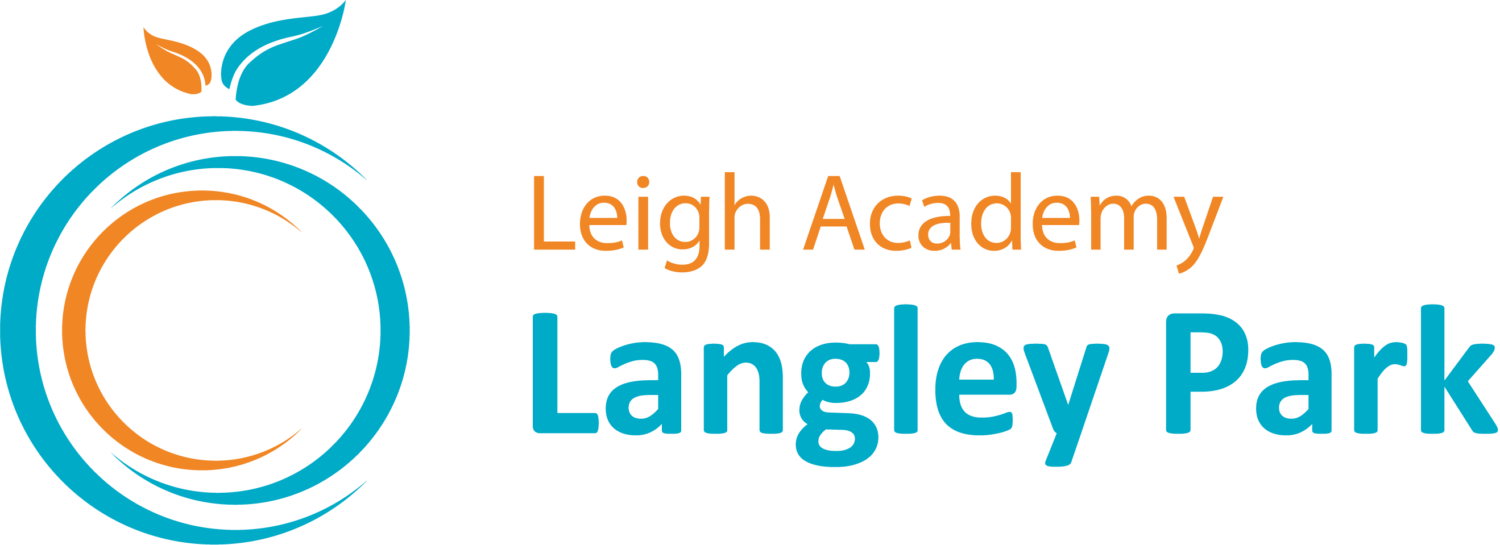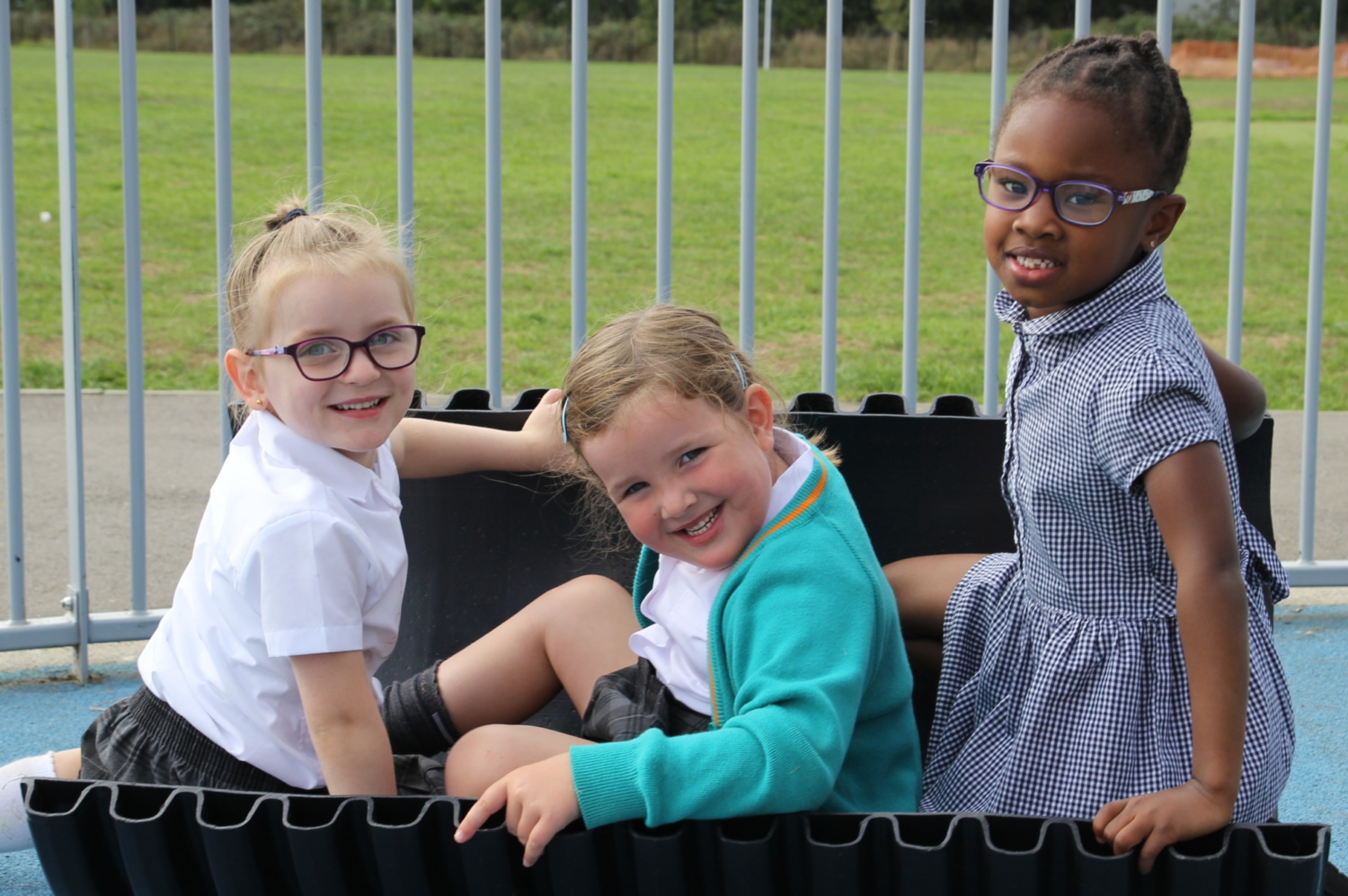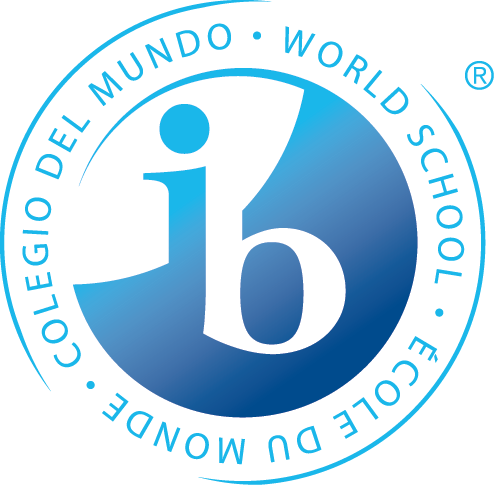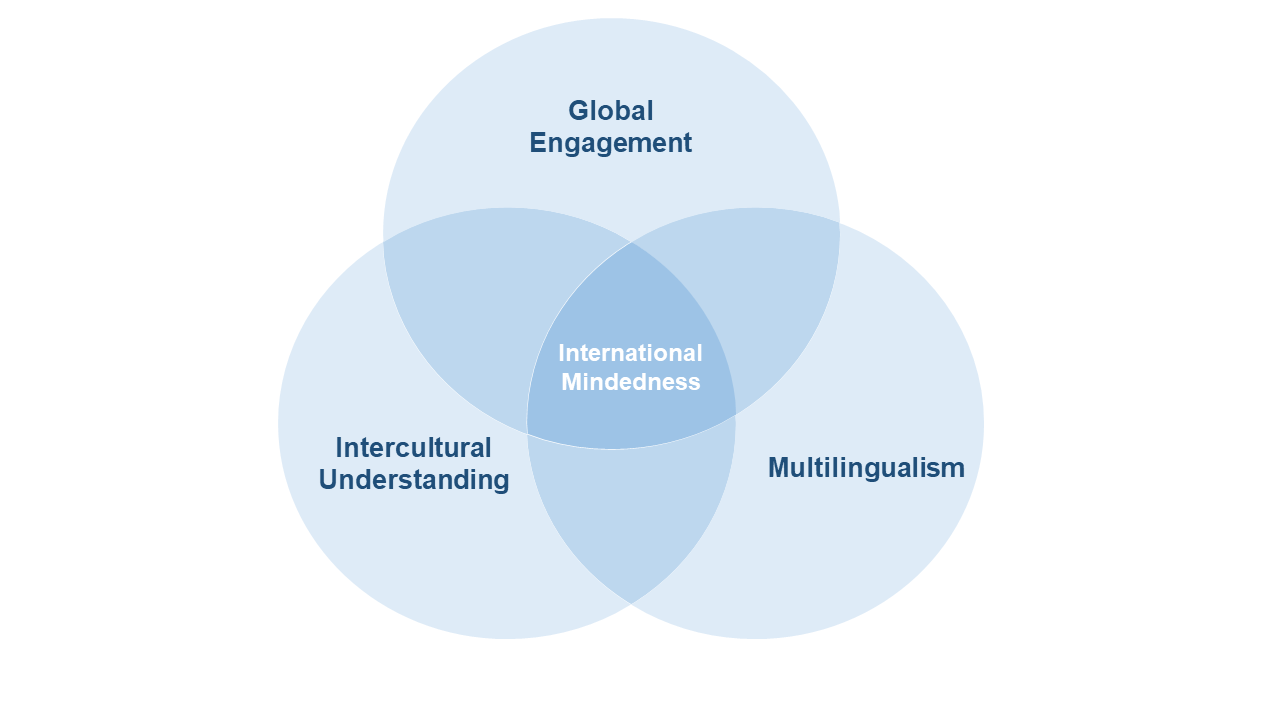We believe in, and celebrate, achievement and success in all areas of the curriculum. We want our children to learn within a culture of curiosity, enjoyment and positive approaches to new experiences and skills to enable them to become successful learners. Through enrichment opportunities we aim to explore the creative arts and PE as often as possible in the academy day; building on existing strengths as well as helping children develop new skills.
With our strapline in mind; “Learning Today for Life Tomorrow”, we ensure that the children are at the very heart of all that we do and we will not settle for anything short of excellence. Regardless of a child’s need, context or beginnings, we are absolutely committed for each child to be the best version of themselves and this is done through establishing supportive partnerships with all stakeholders; staff, parents and governors where we are all on the same team; the child’s team.
We focus not only on the academic development of our children but also their personal development as well. Providing a nurturing environment, within which children feel safe and happy, is essential in supporting them to achieve their potential. We promote kindness, understanding and tolerance with the children through actions and words so that they can successfully navigate through their school life forging positive and healthy relationships. This, ultimately, will establish firm foundations on which they can build character and attributes to be successful in all of their future endeavours.
The teaching of skills and concepts is planned to ensure the sequencing in learning across the curriculum and whilst there is no set timetable in any class or year group, there are clear expectations for planning and curriculum delivery. Where appropriate, planning sequence exemplifications will be used to aid the planning of learning e.g. White Rose for Maths. Teachers will plan to meet the needs of their year group with a more personalised focus, but still meeting the needs of the National Curriculum. The termly overview will then be planned in conjunction with the children.
We encourage exploration, creativity and independence throughout the curriculum, with the children taking responsibility for the direction of learning for themselves, whilst the teacher facilitates this learning and skilfully plans how the National Curriculum skills are taught to enable learning.
Timetables are flexible in order for this to be realistic and ownership is given to the class teachers to mould the school day to suit the needs of their pupils. Specific parameters are set as basic expectations of each day but to ensure a deeper level of learning and therefore transferring key knowledge to long-term memory, a degree of professional autonomy is necessary. In order for this to be effective, protected time is allocated to staff’s professional development in order for their pedagogical knowledge to be of a sound foundation.
Leadership has been distributed coherently to ensure that there are strategic subject leads both akin to the more traditional discrete subjects but with a sophisticated amalgamation with the IB PYP Scope and Sequence documents. This means that the curriculum content has been carefully mapped to ensure that it is most useful and conducive to great gains in learning. Within this, there is careful consideration to the children’s varying gaps in learning as an inevitable result of the pandemic. Some skills may need to be taught discretely rather than teachers making tenuous links, but the expectation is that as many authentic links are made when planning to ensure transdisciplinary learning is truly utilised to help children make connections and understand how their learning is linked. All children in Nursery, Year R and Year 1 are taught phonics daily and in all year groups there will be an aspect of daily Reading either through direct teaching or opportunities to embed skills independently.
For all skills taught we will plan opportunities for these to be applied across the curriculum. This is to ensure that gradually throughout their primary education pupils become more competent in understanding how these techniques can be applied in a range of contexts and curriculum areas. Eventually culminating in the ability to consciously choose the most effective and efficient way to apply skills in any situation.
All pupils are actively encouraged to be agents of their learning; having voice, choice and ownership over the direction in which their learning goes, classroom design, timetable organisation and action taken as a result of new learning. This means that the curriculum content reflects the needs and interests that are relevant to the local context. Pupils are then actively encouraged to apply their learning within a global context activating their international mindedness.
This learner agency also means that the curriculum is broad and balanced regardless of where pupils are learning, whether it be in person or remotely. This is facilitated further with a clear digital strategy for blended learning. We have firm belief that blended learning is vital to ensure that we are preparing our pupils to become conscious, effective and competent digital citizens. They are able to make informed and appropriate decisions when utilising digitised and technology-based options to enhance their learning experiences. It will give them the necessary tools and skills to make best use of digital learning should they be in the position to have to learn remotely from their physical classroom.
We maximise upon the opportunity to have the knowledge and skills specific to certain subjects informed by subject specialist expertise. As part of their curriculum journey children are regularly taught linguistics informed by fluent French speakers, music taught and supported by music specialists and develop their sporting prowess through a variety of regular sessions with a sports specialist. This is not exclusive to this list. To enhance their experiences within their central ideas, children also have opportunities to work with artists, scientists and much more.
The implementation of the curriculum at Langley Park is enhanced through a range of enriching activities including trips, experiences and extra-curricular clubs. This is further facilitated by a clear approach to careers education framed around the 8 Gatsby Benchmarks which encourages children to think about their learning in a broader sense the skills they are developing in order to be successful adults in the near future.
Teachers use a wide range of assessment strategies to check children’s understanding of concepts in order to inform future teaching and identify gaps. This, in turns, helps pupils embed and use knowledge fluently and develop their understanding, and not simply memorise disconnected facts.
For all phases and pupils at Langley Park our curriculum will promote achievement, confidence and a commitment to learning for all. We will ensure that external visits and visitors enhance the curriculum and that whenever possible our pupils will share this new learning with a wide audience in a variety of ways.
We will ensure all staff are able to understand how the curriculum is impacting the pupil’s knowledge, skills and understanding and that this is tracked effectively across year groups to inform next steps. This process will not only inform planning, but will allow further opportunity for challenge for all pupils. The tracking of this impact is in part based on formalised assessment, but will also be evidenced in pupil voice, inquiry books and curriculum tracking. Learning in all year groups will be based on previous knowledge so that no time is wasted repeating skills and understanding – a key focus for prior knowledge, identified at the start of each new inquiry.
The impact of our curriculum will be assessed using formative and summative testing and observations across the curriculum. Each year group will track and evaluate the skills taught across the National Curriculum and evidence of learning and progress will also be noted on the coverage document.
Termly assessments will continue to be used to measure academic progress and will form discussion at SLT and Academy Director level.
A range of monitoring activities will allow all Governors, Middle, Senior Leaders, Academy Directors to track the progress of curriculum implementation and inform SLT discussions and next steps.
Student Voice is collated regularly in regards to the curriculum through School Council, Questionnaires and Learner Profile evaluations as well as informing the direction of learning through each Transdisciplinary Theme.
Parental information regarding the curriculum is shared via the school website and during training workshops and their view of the impact of the curriculum is a focus for questionnaires during the academic year.





